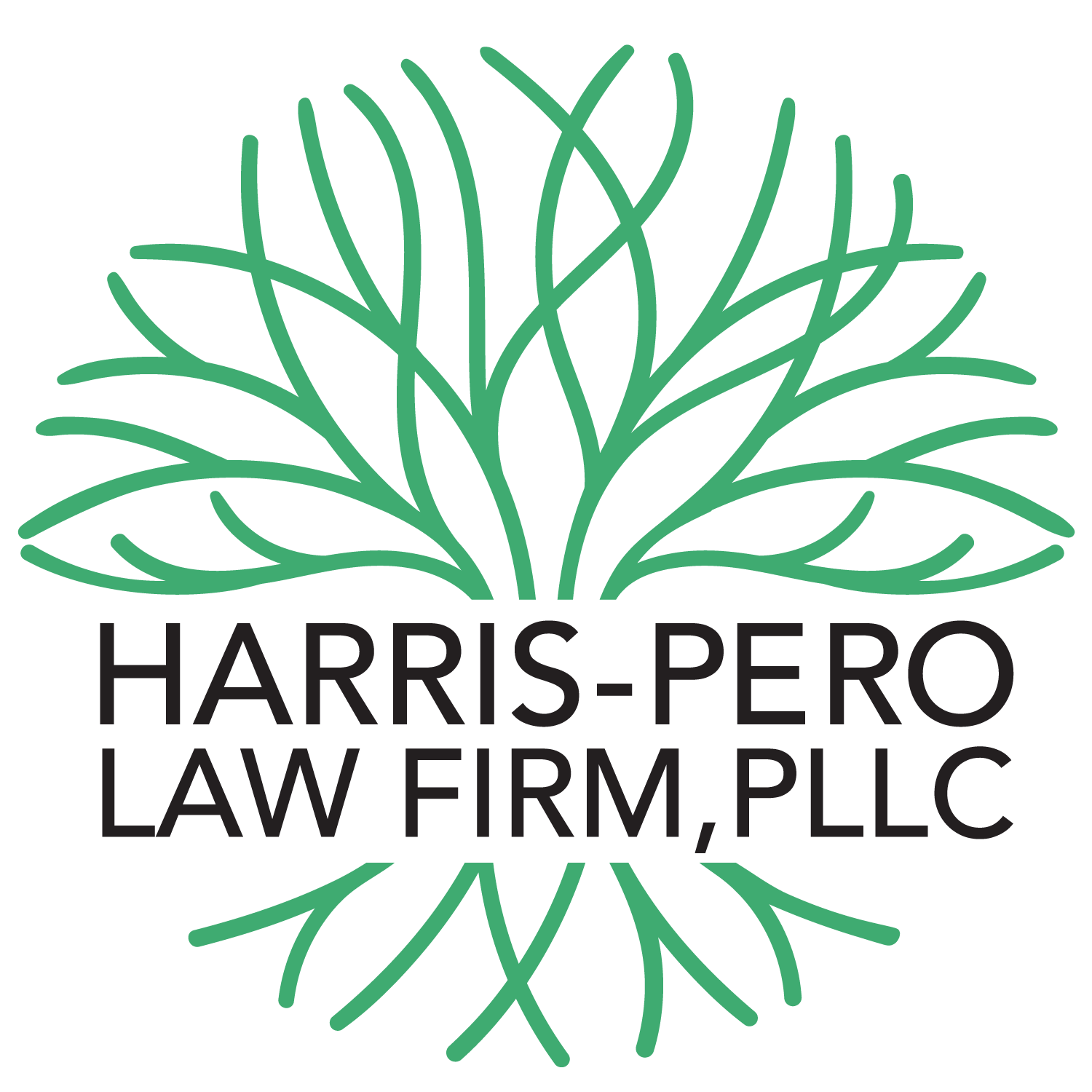Gone Phishing
In the last year, the need to work, learn, and communicate remotely has grown exponentially due to the COVID-19 pandemic. As we all continue to adjust to this new way of life, cyber-criminals are jumping at the opportunity to take advantage any way they can.
Phishing is one of the easiest ways for a cyber-criminal to take advantage because you personally hand them your information. Phishing schemes trick you into sharing information by pretending to be a company or person you do business with. For example, you may receive an email asking you to update your information by replying or by following a link to a very convincing lookalike website where they will ask you to enter passwords, credit card numbers, or banking information to “verify” your identity.
Being tricked into sharing your information with a criminal sounds scary, but you don’t have to be a part of their scheme. Here are some quick and easy ways to make sure you don’t get caught up in a phishing scam:
Most companies will not contact you asking for your name and/or password.
Never respond with your information. Remember, a password is like a toothbrush. You shouldn’t share it with anyone.
Double check the email address and URL.
Scammers may make subtle changes to the email address or URL you may not notice at first glance. Hover over the link with your mouse to confirm where the URL will take you. If you are unsure, contact the company by looking them up yourself. Do not call any numbers or click any links in the suspicious email.
Check their spelling.
Many fake emails will have one or more spelling errors.
Is it urgent?
Scammers may try to scare you into reacting fast. If you get an unsolicited message claiming you must do something in a certain amount of time or something bad will happen, there is a good chance it is a scam.
Seems suspicious? Delete it.
For more information on how to identify a phishing scam or to report a phishing email, visit the NYS Attorney General’s website at: https://ag.ny.gov/internet/phishing-information
